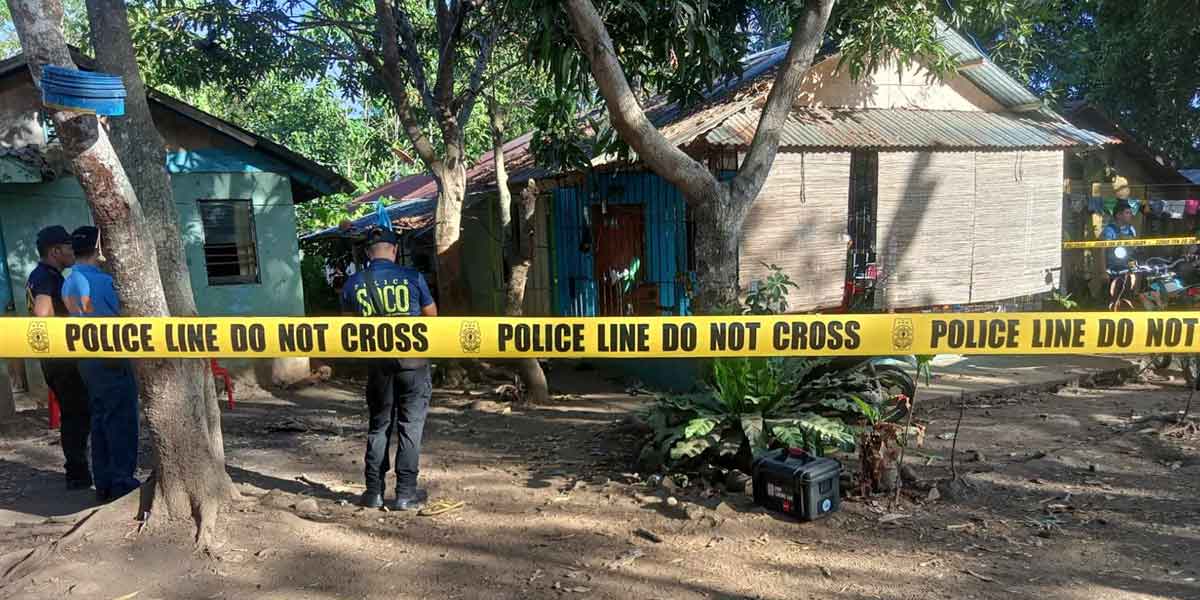
By Rossea H. Ledesma
Recognizing the importance of science and research for the country’s future food security, an international research center is encouraging students to pursue research in aquaculture while opening the doors of its laboratory facilities.
Based in Tigbauan, Iloilo, the Southeast Asian Fisheries Development Center Aquaculture Department (SEAFDEC/AQD) said high school, college, and graduate student researchers may avail of its analytical services and are welcome to observe in the laboratory as their samples are tested by professionals.
“We recognize that there are many brilliant minds in local schools and colleges, but their facilities may limit the potential of students to conduct their scientific research, which is why we are again inviting them to check our laboratory services,” said SEAFDEC/AQD Chief Dan Baliao.
Baliao said SEAFDEC/AQD has always been providing different analytical and diagnostic services to the public. Reports show that the academe comprise 91 percent of requests for analyses that SEAFDEC/AQD’s Laboratory Facilities for Advanced Aquaculture Technologies (LFAAT) received between 2017 and 2019 while the rest come from the private sector.

“We hope this will help enable SUCs (State Universities and Colleges) to conduct better research in response to DA Secretary William Dar’s call for demand-driven and market-oriented research, not only in fisheries but even in the agriculture sector as our services are also applicable to them,” he added.
The laboratory’s capabilities range from proximate analyses for feeds and experimental animals, soil and water analyses, fatty acid profiling, microbiological analyses, and electron microscopy. A freeze dryer and rotary evaporator are also available for supervised use on a per-hour rate.
The laboratory also recently acquired an atomic absorption spectrophotometer for detecting heavy metals and metallic elements, a detection kit for E. coli and coliform bacteria, and a continuous flow analyzer to analyze for total ammonia-nitrogen in water samples.
A fish health laboratory at SEAFDEC/AQD is also capable of PCR-based diagnosis of various shrimp and fish pathogens, bacterial counts and identification, and histopathology or the microscopic examination of wet mounts or tissue smears.
Lower service rates
“While these equipment and services are primarily meant for our in-house research needs, we welcome the public especially Filipino students, farmers, and LGUs since these facilities were actually grants from the government of Japan to the Philippines before being turned over to SEAFDEC/AQD,” added Baliao.
SEAFDEC/AQD has kept the cost of its laboratory services lower than other laboratories and even further gives students a 20 percent discount.
“For our microbiological analyses, our prices are cheaper compared to other institutions offering the same tests. We also offer some tests that are not available in other institutions such as Vibrio and Salmonella determinations,” said Ma. Wennie Pauline Caelian, a laboratory analyst of SEAFDEC/AQD.
She also added that the prices of electron microscopy analyses are relatively lower and that both biological and nonbiological samples such as metals may be accepted.
Electron microscopy is used to magnify objects up to one million times. It is used in studies to investigate the detailed structure of samples such as tissues, cells, and organelles.
As for the use of rotary evaporator, clients are said to prefer SEAFDEC/AQD’s facilities as they are more customer-friendly.
“Generally, the customer prefers us price-wise since we have relatively lower per-hour usage fee of the rotary evaporator and we do not charge the number of hours of stay in the laboratory aside from the actual use of the equipment,” said Hannah Mae Arganioza, a chemist at the research center.
A rotary evaporator is used to remove low boiling organic chemicals like solvents from a mixture of compounds. The solvents or low boiling compounds are removed by the process of distillation.
Compliant
Engr. Margarita Arnaiz, laboratory manager of LFAAT, shared that their Centralized Analytical Laboratory was recently granted a Certificate of Authority to Operate by the Professional Regulatory Board of Chemistry in compliance with RA 10657 known as the Chemistry Law of the Philippines.
Dr. Leobert de la Peña, Head of the SEAFDEC/AQD’s Research Division also said that LFAAT is preparing for ISO certification that will ensure that laboratory processes are consistent with established international standards.





















